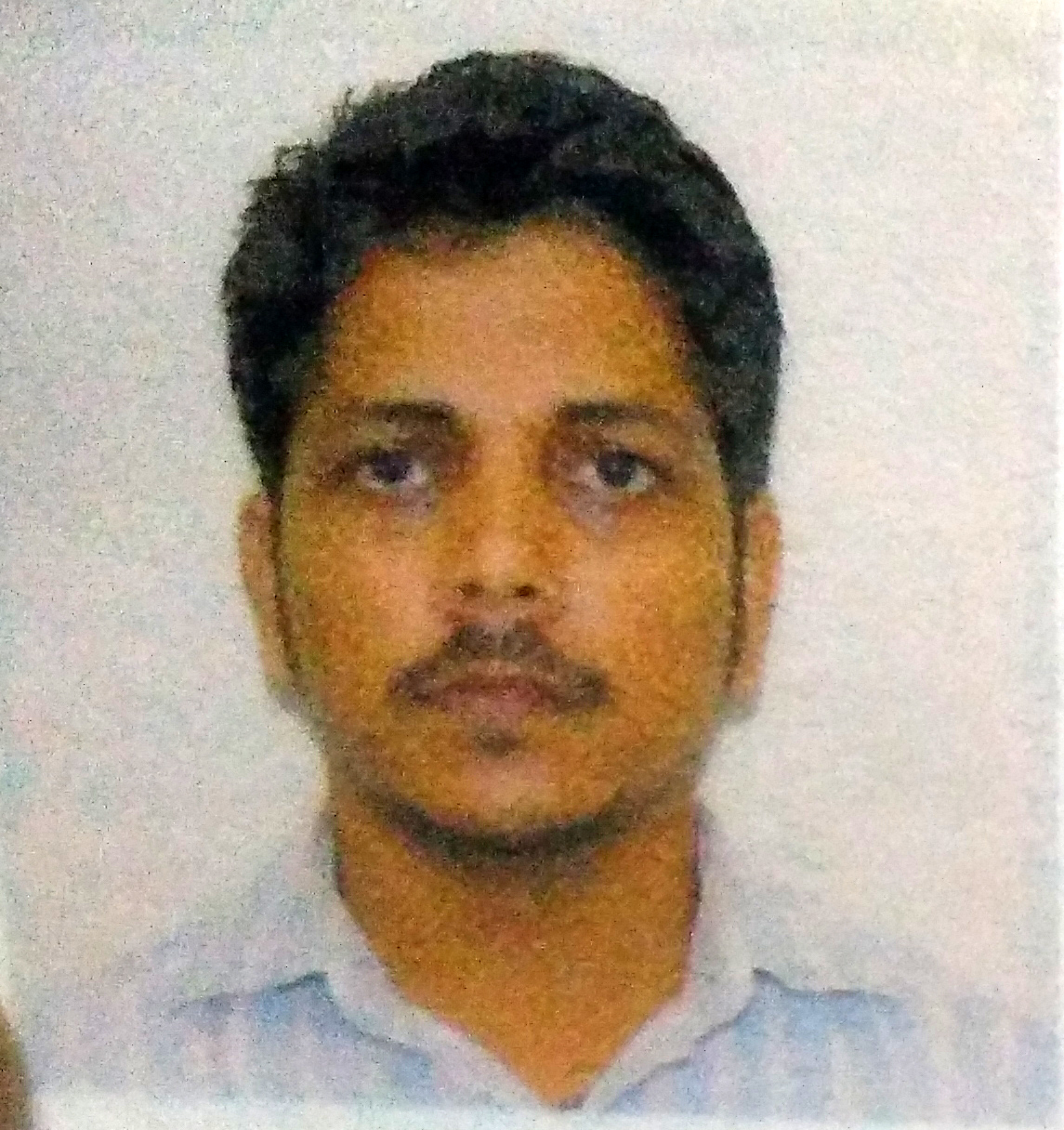India’s government-owned Central Marine Fisheries Research Institute (CMFRI) has received a grant of to set up a nationally linked system of broodbanks to enhance the country’s production of cobia and pompano.
CMFRI Director A. Gopalakrishnan announced the grant at the National Consultation on Mariculture and Open Sea Cage Culture Development this summer in Mandapam, India. The funding – a total of INR 90 million (USD 1.4 million, EUR 1.2 million) – has been approved by the Department of Animal Husbandry, Dairy and Fisheries under the Indian Ministry of Agriculture and Farmers Welfare. Under the terms of the deal, CMFRI will supply larvae for seed production of pompano and cobia to all of India’s coastal states.
CMFRI’s Mandapam facility will act as the national nodal center of the system, coordinating the seed production program and facilitating the supply of the seeds to the regional hatcheries set up across the maritime states in the country. Broodbanks will be built at CMFRI's regional centers at Mandapam, Tamil Nadu, and Vizhinjam, Kerala, as well as at all regional hatcheries established in maritime states. Speaking on this, CMFRI Director A. Gopalakrishnan said that new project will help solve the issue of scarcity of quality seed of cobia (Rachycentron canadum) and pompano (Trachinotus blochii), which he said are among the most suitable species for sea-cage farming in Indian waters.
“Since the present marine-capture fisheries are unable to meet growing seafood demand, we have to focus on increasing the marine fish production through mariculture activities. However, scarcity of quality seeds is a major impediment to the mariculture industry in the country,” Gopalakrishnan said. “The proposed broodbanks and regional hatchery facilities will cater to the requirements of quality seeds of cobia and pompano in all the maritime states.”
The new broodbanks will have quarantine facilities, broodstock holding tanks, recirculation aquaculture systems and photothermal control systems. They will sustainably produce fertilized eggs and newly hatched larvae from bio-secure broodstocks of cobia and pompano fed with suitable diets under controlled water quality parameters and photoperiod, CMFRI said in a statement.
The organization’s goal for the broodbanks is for them to eventually produce a total of 48 million pompano larvae and 30 million cobia larvae per year, Gopalakrishnan said. These amounts will help alleviate a current scarcity of quality seeds of cobia and pompano, he said.
CMFRI has already developed the technology for mass production of fish seeds of cobia, silver pompano, Indian pompano, orange spotted grouper and pink ear emperor,” Gopalakrishnan said. “With this bank, we can [better] harvest both the fish in our network of over 1,000 cages spread across the country, under the technical guidance of the CMFRI.”
More ambitiously, a wider goal of the project is a full transformation of the socio-economic landscape of India’s coastal areas to aquaculture-based economies, according to the CMFRI. An important additional component of that strategy is the drafting of a National Mariculture Policy in collaboration with the fisheries departments of maritime states and union territories, Gopalakrishnan said.
Under the policy, CMFRI hopes to achieve 400,000 metric tons of marine finfish production nationally within five years
CMFRI recently conducted several sittings of scientific experts to come up with draft terms of reference with respect to the National Mariculture Policy, and expects the policy to be finalized soon and circulated to all the maritime states for review, Gopalakrishnan said.
The broodbanks and the National Mariculture Policy have become especially important for India's marine fish production recently, Gopalakrishnan said, as climate change has caused increasingly perceptible disruptions in the country’s marine ecosystems, affecting both its wild-catch and aquaculture sectors.






